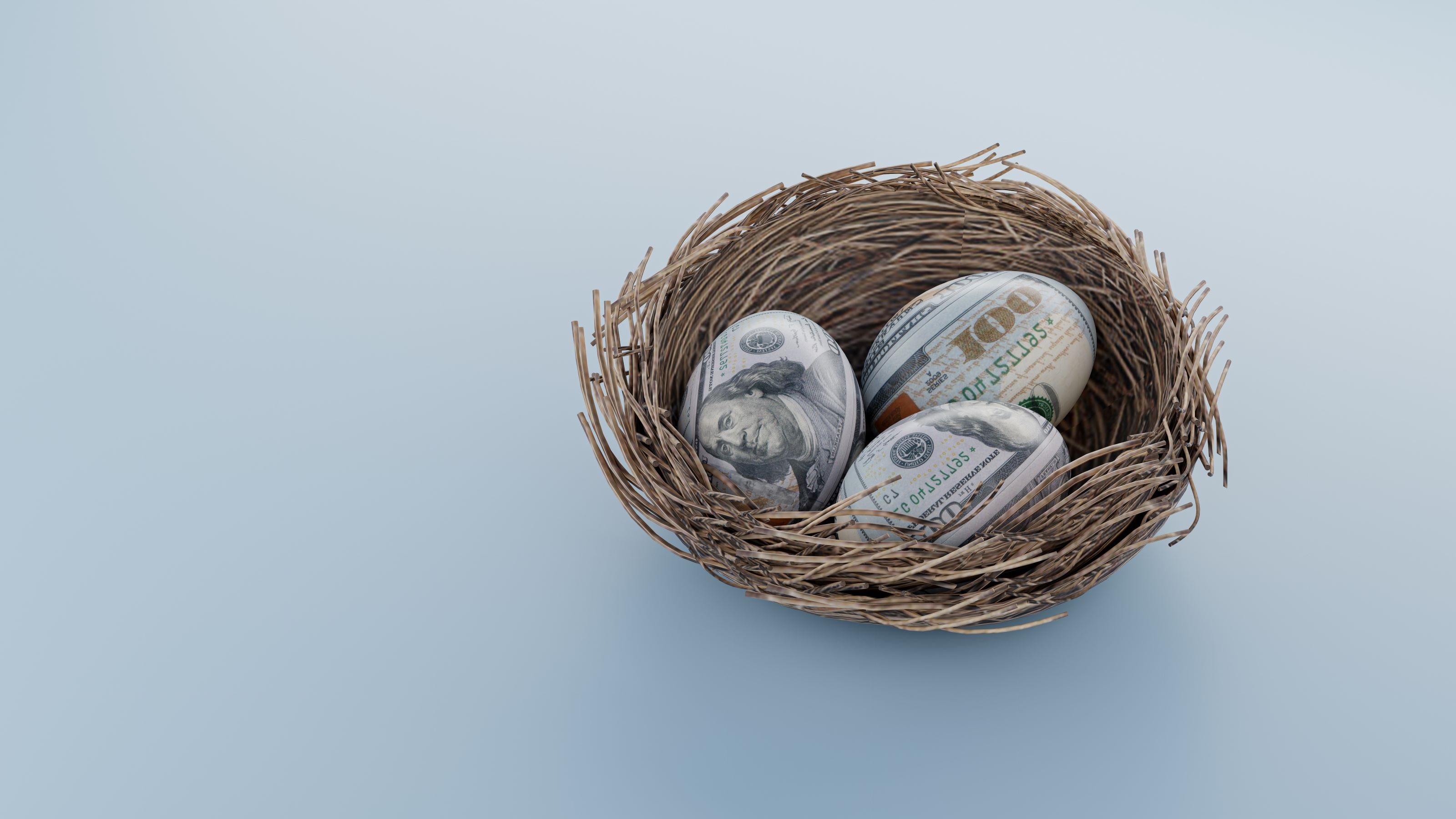
Household wealth in the U.S. increased during the pandemic but, much like the situation before COVID-19, there remains a large disparity of this wealth between the country's poorest and richest people.
According to a recent Pew Research Center study, which used data from the Census Bureau’s 2020, 2021 and 2022 Surveys of Income and Program Participation, households with more wealth saw an increase in wealth of about $57,800 from 2019 to 2021. Richer households added $172,000 to their net worth.
During that same period, poorer households that had zero net worth in 2019 had a median net worth of $500 in 2021. On the whole, however, the typical American household's net worth increased by 30%.
That increase in wealth, whether indicated by decreased debt or higher net worth, is attributed to the impact of the CARES Act, which provided stimulus payments to U.S. households during the pandemic, according to the study. Staying home also provided an opportunity for families to boost savings.
The findings align with a 2020 Harvard study related to how the pandemic worsened the wealth gap. This study showed that many wealthy people decreased their spending during COVID, and businesses were forced to lay people off, specifically low-income workers, which increased the wealth gap even further.
There has been a change, however slight, in the amount of wealth being held by the richest Americans, the Pew study shows. While in 2019, the richer 25% of households held 84% of wealth, that number dropped a modest two points to 82% in 2021.
And while racial and ethnic gaps in wealth persisted, they lessened slightly. White households had 13 times as much wealth as Black households in 2019 and nine times as much in 2021.
A turning tide
Now, however, the tide is turning in what the Pew study called a “less favorable” direction, with home values leveling out and a continued trend of spending despite lower incomes.
The spending trend was also highlighted in a Federal Reserve Bank of San Francisco report last August, which showed that Americans are running through pandemic savings. The report's researchers said that aggregate personal savings rose rapidly during the pandemic, exceeding the pre-pandemic trend and climbing higher than in previous recessions.
“Pandemic-related fiscal support resulted in a sizable increase in disposable income in the overall U.S. economy at a time when health-related economic closures and social distancing led to a significant drop in household spending,” they said. But they forecast a savings drawdown that would likely begin in the third-quarter.
New York wealth gap widens
In New York, the wealth gap is broader than ever, according to a September 23 New York Times report that called this a sign that there has been a "lopsided" economic recovery from the pandemic.
Manhattan now has “the biggest income gap of any large county in the country,” the NYT reported. The wealthiest fifth of people living in the borough earned an average of $545,549, while the bottom 20% earned an average of $10,259, according to the report.
As the economy continues to ebb and flow from the impact of the COVID-19 pandemic, there are steps you can take to control spending and grow your savings. These include recording your expenses for a month or two to identify the things you need to pay for, such as rent and groceries, and the fun things you'd like to splurge on such as travel.
Other steps to consider include creating an emergency budget, negotiating payments with your credit card companies if you have debt or consider down-sizing or moving in with family if your financial situation changes.







